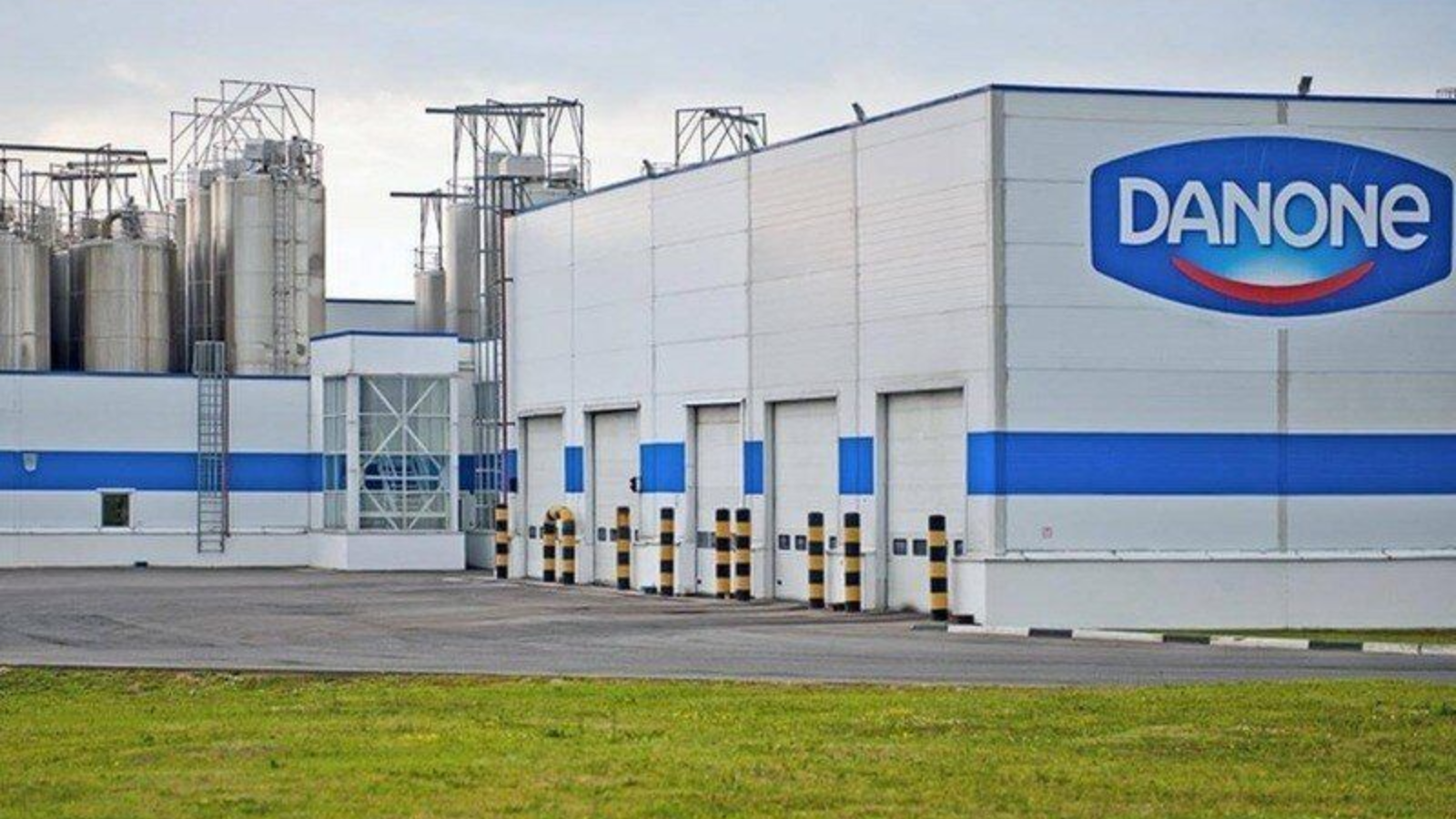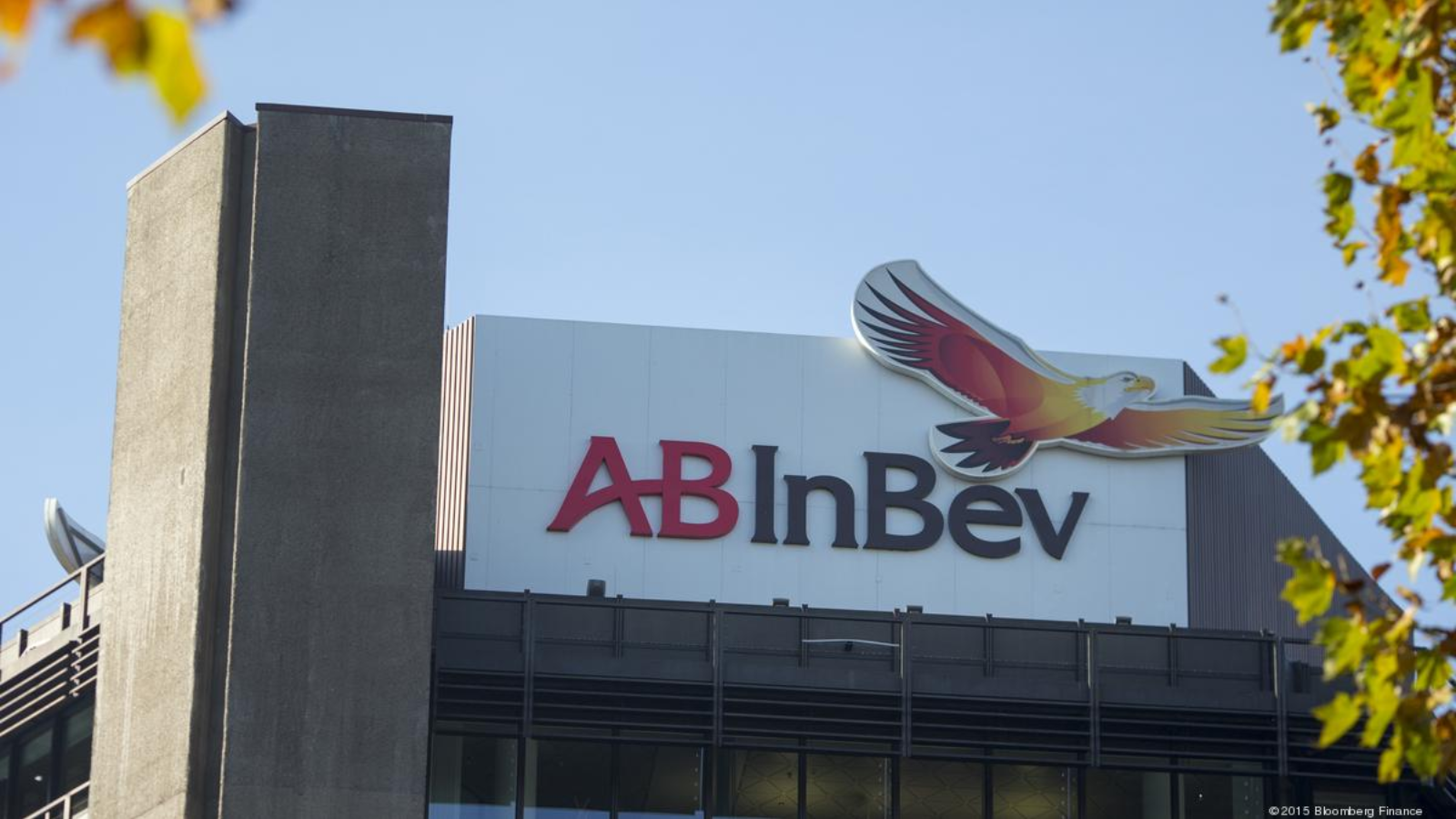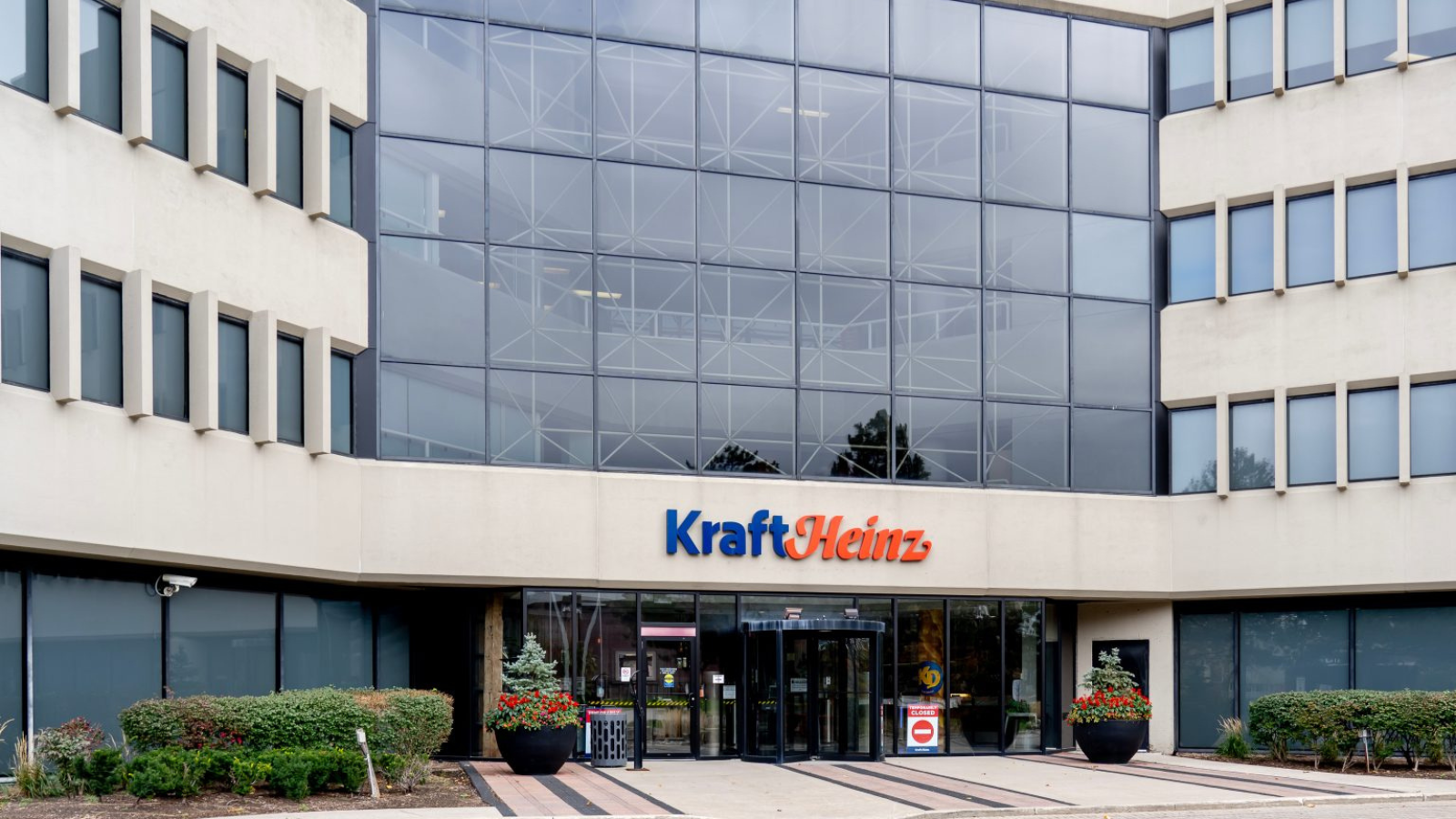INDONESIA - In a bid to tackle food waste and minimize carbon emissions, Danone Specialized Nutrition (SN) Indonesia has launched a new partnership with PT Anugerah Pharmindo Lestari (APL) and PT Ray Hikmah Jaya (RHJ).
This initiative focuses on reprocessing powdered milk unsold in the market into animal feed, rather than opting for disposal methods that contribute to environmental harm.
Through this collaboration, up to 500 kilograms of powdered milk per day will be converted into animal feed, preventing an estimated 452 kilograms of food waste daily.
Danone's approach aims to not only reduce food waste but also lower its carbon footprint, aligning with its sustainability strategy, the Danone Impact Journey (DIJ), which has set a target to halve food waste by 2030.
New path for sustainability
Chief Executive Officer of Danone SN Indonesia, Lee Meng Thoong, emphasized that this collaboration highlights the company’s commitment to environmentally responsible practices.
“Sustainability is at the heart of everything we do. This collaboration allows us to reuse products that are not absorbed by the market, thereby reducing environmental impact,” he stated.
The conversion of powdered milk into animal feed is expected to offer additional benefits for the agricultural sector. The milk's nutritional components—such as protein, vitamins, and minerals—enhance livestock health and growth, providing added value for farmers.
Christophe Piganiol, President Director of APL, noted that the partnership forms part of the company’s broader vision for a sustainable future.
“By working together, we are not only reducing the carbon footprint but also building more sustainable partnerships within the business ecosystem,” he said.
Tackling global challenges locally
This partnership resonates with several United Nations Sustainable Development Goals (SDGs), including Responsible Consumption and Production (SDG No. 12), Climate Action (SDG No. 13), and Partnerships to Achieve the Goals (SDG No. 17).
“We hope this program will set a new standard in responsible waste management in Indonesia. It’s an example for other companies to take action on sustainability and food waste issues,” RHJ Director Adi Susanto added.
Beyond food waste management, Danone's efforts extend to its broader global strategy through the "Partner for Growth" (P4G) program. Launched a year ago, P4G has established 19 new strategic partnerships, surpassing its initial target. The program aims to foster collaborations in ingredients, packaging, manufacturing, and agriculture, contributing to Danone's Renew strategy.
Vikram Agarwal, Danone’s Chief Operations Officer, highlighted the importance of the supply chain in driving business competitiveness and supporting a climate-focused transition. The program leverages advanced technologies and insights to co-innovate with partners, ensuring mutual growth throughout the value chain.
Beyond Indonesia: Expanding into India
While Danone strengthens its sustainability initiatives in Indonesia, it is also eyeing expansion in other markets, particularly India.
Danone’s Chief Executive Officer Antoine de Saint-Affrique outlined the company’s goal of making India one of its top five markets. As part of its efforts, the company has announced a US$21.3 million (€20 million) investment to expand its manufacturing capacity in Punjab.
India, home to 1.4 billion people, presents a significant growth opportunity for Danone. However, the company has faced challenges in penetrating the country’s dairy market, which is dominated by local cooperatives such as Gujarat Milk Marketing Federation.
Despite these hurdles, de Saint-Affrique emphasized the company’s commitment to scaling its operations in India, recognizing the country’s importance in the global market.
Although Danone's progress in India has been slow, its performance in other parts of Asia has been more promising. The company’s sales in China, North Asia, and Oceania grew by 8.4% in the second quarter of 2024.











